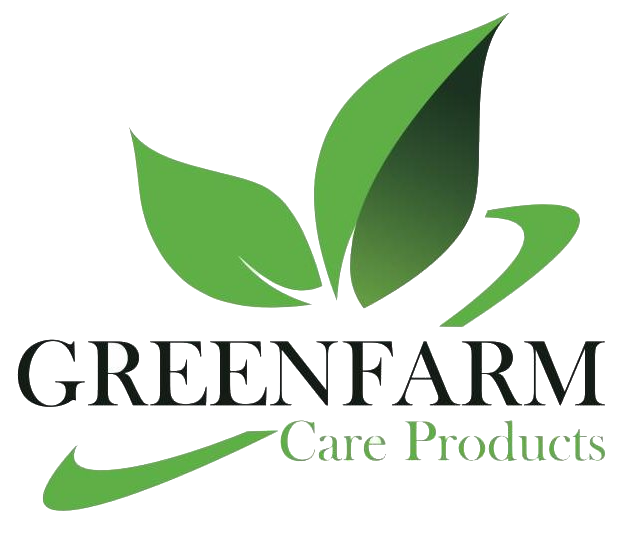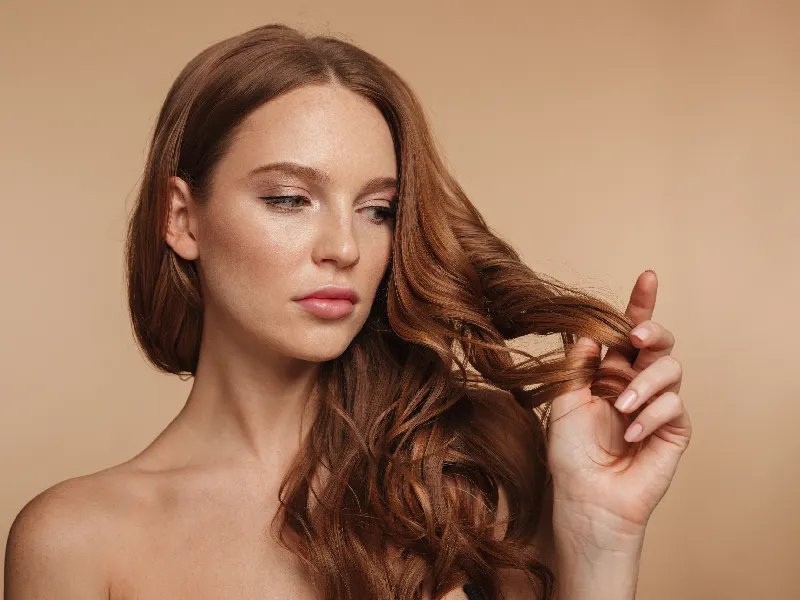Biotin is water soluble vitamin. The biologically active form of the vitamin biotin (Vitamin B7) is D-Biotin. Biotin is essential to convert certain nutrients like carbohydrates, proteins, and fats into energy. It also plays an important role to maintain the health of hair, skin, and nails. Biotin rich foods include eggs, wild salmon, Swiss chard, peanuts, almonds, walnuts, wheat bran, whole-wheat bread, cauliflower, avocados, raspberries and dairy products. Basic protein of hair, skin and nails is keratin. Biotin help to improve keratin fundamental infrastructure. Hair loss or hair problem is the sign of deficiency of biotin. Biotin is required for a many of enzymatic reactions. Over time, poor metabolism of nutrients can contribute to undernourished hair follicle cells. Biotin vitamins helps to create essential amino acids that is required to produce a form of keratin (which our hair is mostly comprised of), so taking it in small doses or eating biotin-rich foods can certainly help to maintain hair’s health and slightly improve its strength. Overall, it’s an essential nutrient that can correct a vitamin deficiency, but since deficiency is rare (largely due to our diet and our intestinal bacteria producing more than the recommended daily intake), eating a well-balanced diet may be the best option to get this nutrient.
Aloe Vera Benefits For Skin and Hair
Aloe vera is a wonder plant that have enriched with multifunctional nutrient and vitamin & found in many consumer products including beverages, skin lotion, cosmetics, or ointments for minor burns and sunburns. Study reports as validated evidence are available for the effectiveness or safety of Aloe vera. aloe vera gel for skin and hair is a magical remedy. Aloe vera is a stemless or very short-stemmed plant growing to 60–100 cm (24–39 in) tall, spreading by offsets. The leaves are thick and fleshy, green to grey-green, with some varieties showing white flecks on their upper and lower stem surfaces. Aloe vera contains 75 potentially active constituents: vitamins, enzymes, minerals, sugars, lignin, saponins, salicylic acids and amino acids. Vitamins: It contains vitamins A (beta-carotene), C and E, which are antioxidants. It also contains vitamin B12, folic acid, and choline. Aloe vera contains many ingredient and enzyme which repairs dead skin cells on the scalp. It also acts as a great conditioner and leaves your hair smooth and shiny. It promotes hair growth, prevents itching on the scalp, reduces dandruff and conditions your hair. Aloe vera is also studied and found effective in the treatment of seborrheic dermatitis. Seborrheic dermatitis (SD) is a skin disease that causes a pinkish-red rash and crusty, yellow-white scales on the surface of the skin, which may also be swollen and greasy. SD frequently develops on the face and scalp. When infants develop SD on their scalps, it is called cradle cap. One study found that treatment with aloe vera resulted in a significant reduction in itchiness, scaliness, and the size of the area affected by Seborrheic dermatitis. Seborrheic dermatitis can, in some cases, lead to temporary hair loss, this is one clear use of aloe vera for hair growth.
Biotin for Hair Growth
In today’s world, most of the people have issues with their hair growth. They experience heavy hair fall which is usually hard to control. GFCP is keen towards educating and helping out people related to the issue. In recent years, it has been found that the hair related issues have become common even with the people in their 20s, which ideally shouldn’t be. One key reason that creates this issue is deficiency of biotin in the body. Now, the question arises, what is biotin? Biotin is basically an essential vitamin which your body needs to function properly. It provides for healthy metabolism, digestion and cardiovascular functions. With the presence of enough biotin in your body, nutrients like fat and carbohydrates are converted into energy to stimulate hair growth. On the other hand, lack of sufficient biotin can result in hair thinning. Also, it has an adverse effect on nails and skin. There may be multiple reasons for its deficiency. It may be due to Smoking excess consumption of alcohol excess intake of raw egg white renal dialysis genetic disorders extreme dieting Inflammation in your bowel These causes are responsible for lack of biotin, thereby, affecting our hair growth. But ensuring sufficient supply of biotin can be helpful in multiple ways. Let’s take a look at them. It creates amino acid which produces keratin, a protein necessary for hair growth. Promotes faster growth of hair, strengthens and thickens hair, and stops shedding of hair. Other than its effects on hair growth, biotin is also beneficial for other purposes, as in Produces fatty acids that nourish the skin, and keep it shiny and fairer. Strengthens brittle nails. Rebuilds muscle strength and helps in the growth of tissue. Promotes fetal and child development. Keeps the nervous system healthy. Controls blood sugar levels Thus, biotin is an all rounder and can help the human body in various ways along with the hair growth. It can be used in hair oils, shampoo, hair conditioner, masks, medicines, etc. This is why GFCP, a commonly known personal care products brand, has come up with 100% pure biotin powder which can be used in cosmetics and nutraceutical based products.
Saw Palmetto Extract: An Innovative Hair Growth Remedy
Serenoa repens (Saw palmetto) present in southeastern parts of United States, it is a small palm tree having large leaves and deep red black berries. Saw palmetto extract inhibits the binding of dihydrotestosterone (DHT) to the receptors and blocks there activity. It has been seen in the past that there is a relation between the hair loss pattern and the level of 5 alpha-reductase. This 5 alpha-reductase converts the hormone testosterone into DHT. It has also been noted that in cases of hair loss there is high levels of DHT at the Scalp. DHT can contributes to the shortening of the growth phase and thinning of the hair (1). References: 1. Chizick, S. and Delorscio, R. 1999. Natural preparation for treatment of male pattern hair loss. US Patent 5,972,345. Assigned to Proguard. Issued October 26, 1999




